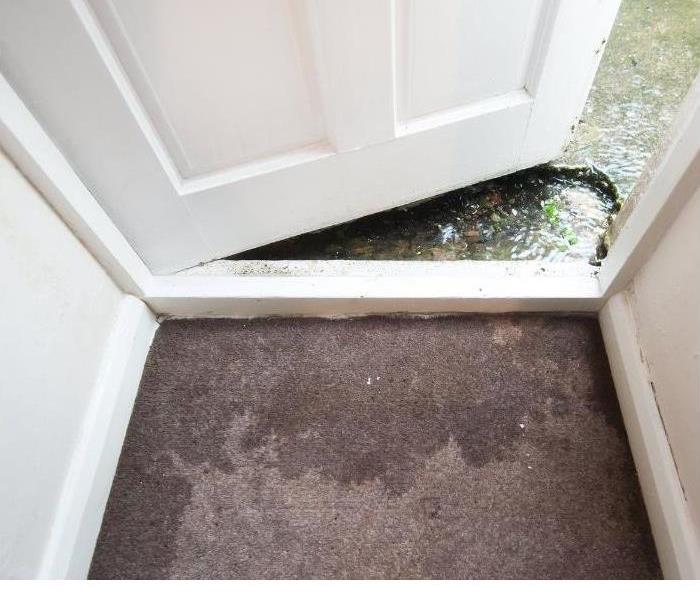Comprehensive Guide to Preventing Water Damage: Protect Your Home and Health
8/17/2023 (Permalink)
Water damage can lead to significant issues in homes, from structural instability to potential health risks. Recognizing the importance of preventing water damage, understanding its causes, and knowing how to address it promptly can safeguard your home and health. In this guide, we explore practical ways to prevent water damage, delve into the health risks involved, and discuss best practices in addressing potential problems.
Types and Signs of Water Damage
Water damage is not always a visible gushing leak or a significant flood. Sometimes, it presents subtly with signs like peeling paint, musty odors, mold growth, or a sudden spike in water bills. There are different types of water damage, often categorized based on their sources like leaking pipes, roof leaks, HVAC problems, and natural disasters.
Causes of Water Damage
Knowing what causes water damage can help homeowners take proactive measures to prevent it. Regular checks for plumbing issues, roof leaks, cracks in the foundation, faulty appliances, and potential HVAC condensation problems are essential. Weather-related water damage due to natural disasters such as hurricanes and floods also requires due consideration and preparedness.
Preventing Water Damage
Water damage prevention is an integral part of home maintenance. Here are some practical tips:
Regular Home Inspection
Regular inspections can help spot potential problems early. Check your roof for damages, ensure your gutters are clean and properly channeling water away from your house, and inspect your foundation for cracks.
Plumbing Checks
Make it a habit to inspect your plumbing systems and appliances for leaks regularly.
Installing Water Detection Devices
Consider installing water detection systems that can alert you to leaks and potential flooding.
Seasonal Maintenance
Certain seasons can increase the risk of water damage. Ensure your home is prepared for these seasonal risks, like winterizing your pipes to prevent them from freezing and bursting.
Water Damage and Health Risks
Water damage can lead to various health risks, especially if left unaddressed. The damp environment promotes mold and mildew growth, which can trigger allergic reactions and respiratory issues. It's crucial to prevent water damage to protect not just your home but your health as well.
Water Damage Restoration
In instances of water damage, the key is prompt and effective restoration. Homeowners can do minor water damage repair, but significant issues require professional restoration services. A professional water damage restoration process includes assessing the damage, water extraction, drying and dehumidification, cleaning, sanitizing, and finally restoring your home to its pre-damage condition. It's also crucial to understand the potential costs of water damage restoration.
Water Damage Insurance
Understanding your homeowner's insurance policy is essential when dealing with water damage. Policies differ in their coverage, and some may not include specific types of water damage. It's also worth considering flood insurance, especially for homes in flood-prone areas.
Emergency Preparation and Response
Being prepared can make a big difference when facing potential water damage. Knowing what to do immediately following water damage, how to practice safety during the cleanup, and having an emergency action plan are all crucial aspects of water damage preparedness.
Conclusion
Preventing water damage is an ongoing process that requires regular maintenance, timely inspections, and a good understanding of your insurance coverage. Inculcating preventive measures and understanding the potential health risks can help protect your home and ensure your family's safety. By implementing the best practices laid out in this guide, you can mitigate risks and handle any water damage situation effectively.






 24/7 Emergency Service
24/7 Emergency Service
